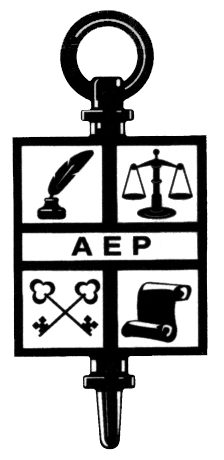8
August
A traditional trust can sometimes create a conflict between the lifetime (i.e. beneficiaries that have an interest in trust assets just for their lifetime) and remainder beneficiaries (i.e. beneficiaries that have an interest in the trust after the lifetime beneficiary). For example, a person may establish a trust that gives their surviving spouse a lifetime income interest in the trust assets but, upon the spouse’s death, pays the remainder of the trust’s assets to their children. In that situation, investment strategies that provide growth that benefits the children (the remainder beneficiaries) can leave the spouse (the lifetime beneficiary) with little.






